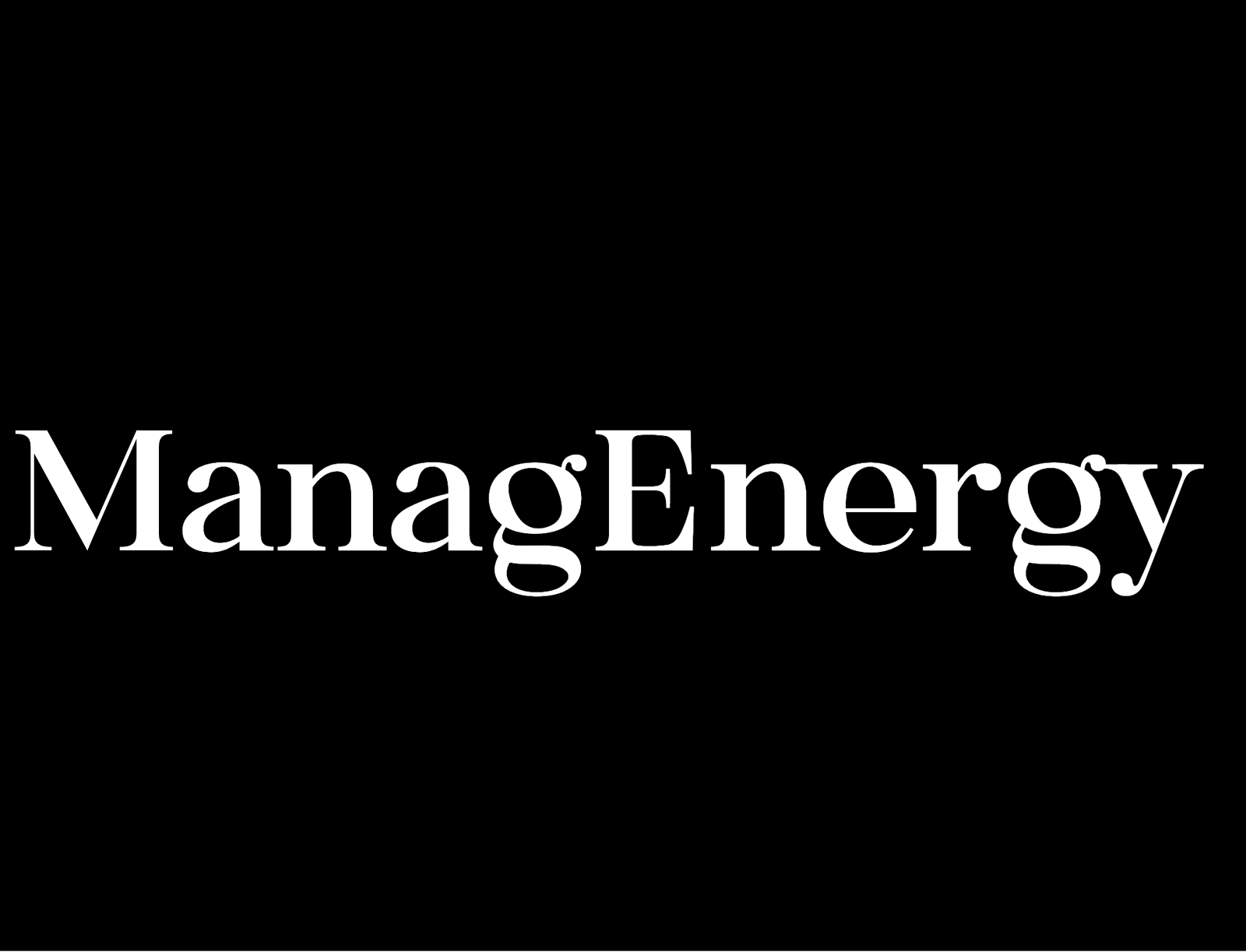The Importance of Public Participation in Shaping Renewable Energy Policy
As a passionate advocate for renewable energy, I firmly believe that public participation is the key to shaping effective and sustainable energy policies.
The involvement of citizens in decision-making processes not only ensures transparency but also brings diverse perspectives to the table.
By actively engaging in the development of renewable energy policies, we can drive innovation, address environmental concerns, and create a future powered by clean and renewable sources.
In this article, I will present compelling evidence of the benefits and strategies for effective public participation in shaping renewable energy policy.
Key Takeaways
- Public participation ensures transparency and diverse perspectives.
- Community involvement leads to innovative solutions and increased acceptance of renewable energy technologies.
- Public participation fosters ownership, collaboration, and support for renewable energy initiatives.
- Public participation builds trust between citizens and decision-makers, strengthening community ties and empowering individuals.
The Role of Public Input in Renewable Energy Policy
You should understand the significance of your input in shaping renewable energy policy. Public engagement and community involvement play a crucial role in the development and implementation of renewable energy policies.
When it comes to shaping these policies, it is essential for the public to have a voice and actively participate in decision-making processes.
One of the main reasons why public engagement is vital in renewable energy policy is because it helps ensure that policies are reflective of the needs and values of the community. By involving the public, policymakers can gain valuable insights into local preferences, concerns, and priorities. This input allows for the creation of policies that are more effective and better aligned with the interests of the community.
Additionally, public engagement fosters a sense of ownership and support for renewable energy initiatives. When the community is involved in the decision-making process, they are more likely to feel invested in the outcomes. This not only increases public support for renewable energy policies but also helps to address any potential opposition or resistance.
Moreover, community involvement in renewable energy policy can lead to innovative solutions and increased acceptance of renewable energy technologies. Local residents often have unique knowledge and expertise about their area, which can be leveraged to develop context-specific policies. By tapping into this local knowledge, policymakers can create more tailored and effective policies that address specific community needs and challenges.
Strategies for Engaging the Public in Energy Policy Decisions
To effectively involve citizens in decision-making processes surrounding energy policies, it’s crucial to employ various strategies for engaging the public.
Public engagement methods and community outreach play a vital role in ensuring that the voices of the people are heard and considered in shaping renewable energy policy.
One effective strategy for engaging the public is through public meetings and forums. These provide an opportunity for citizens to express their opinions, ask questions, and engage in meaningful discussions with policymakers. By creating a space for open dialogue, decision-makers can gain valuable insights and perspectives from the community.
Another method is the use of surveys and online platforms. These tools allow for wider public participation, as they provide a convenient way for individuals to share their thoughts and preferences. Surveys can be distributed through various channels, such as social media or community organizations, to reach a diverse range of people.
Furthermore, community outreach programs can help build trust and strengthen relationships between policymakers and the public. By actively engaging with communities through workshops, educational campaigns, and partnerships, decision-makers can foster a sense of ownership and collaboration in the policymaking process.
Key Benefits of Public Participation in Shaping Renewable Energy Policy
One of the key benefits of involving citizens in shaping renewable energy policy is that it fosters a sense of ownership and collaboration in the decision-making process. When citizens have a say in the development of renewable energy policies, they feel a sense of responsibility and investment in the outcomes. This sense of ownership leads to greater public support and acceptance of renewable energy projects, which ultimately has a positive impact on their implementation.
By involving citizens in shaping renewable energy policy, decision-makers can also tap into a wealth of local knowledge and expertise. Communities often have unique insights into their own energy needs and resources, and their input can help shape policies that are tailored to local conditions. This collaborative approach not only improves the effectiveness of renewable energy policies, but also strengthens community ties and empowers individuals to actively participate in the transition to a sustainable energy future.
Furthermore, public participation in shaping renewable energy policy helps to build trust between citizens and decision-makers. When citizens feel that their voices are being heard and that their concerns are being taken into account, they are more likely to support and engage with renewable energy initiatives. This trust-building process is crucial for the successful implementation of renewable energy projects, as it reduces the likelihood of conflicts and opposition.
Overcoming Challenges to Effective Public Involvement in Energy Policy
Overcoming challenges in effectively involving the public in energy policy can lead to more inclusive and informed decision-making processes. Enhancing public awareness and addressing community concerns are key factors in promoting successful public participation in shaping renewable energy policy.
One major challenge is the lack of public awareness and understanding about renewable energy technologies and their potential benefits. Many people are still unfamiliar with the advancements in renewable energy and the positive impact it can have on the environment and local communities. By enhancing public awareness through education and outreach programs, we can bridge this knowledge gap and empower individuals to actively participate in energy policy discussions.
Another challenge is addressing community concerns regarding the implementation of renewable energy projects. Local communities often express concerns about the potential environmental impacts, such as noise pollution or visual disturbances, associated with renewable energy infrastructure. It is important to acknowledge and address these concerns by conducting thorough environmental impact assessments, engaging in transparent and open dialogue with community members, and implementing mitigation measures.
By overcoming these challenges and effectively involving the public in energy policy, we can ensure that decision-making processes are more inclusive and informed. This will ultimately lead to better renewable energy policies that are responsive to the needs and concerns of the community.
Now, let’s explore some examples of successful public participation in renewable energy policy development.
Examples of Successful Public Participation in Renewable Energy Policy Development
By actively engaging in public dialogue and incorporating community feedback, you can see successful examples of how individuals have shaped and influenced renewable energy policy development. Community involvement and stakeholder engagement are essential for creating effective and sustainable renewable energy policies. When the public is involved in the decision-making process, it ensures that policies are more representative of the community’s needs and values.
One successful example of community involvement in renewable energy policy development is the case of Germany. The German government initiated a public engagement process to gather input from citizens, businesses, and organizations. Through public forums, workshops, and online platforms, stakeholders were able to voice their opinions and contribute to the development of renewable energy policies. This inclusive approach resulted in the successful implementation of the Energiewende, Germany’s transition to a renewable energy-based economy.
Another example is the state of California in the United States. California has a long history of involving the public in energy policy decisions. The state holds public hearings and workshops where stakeholders can provide input on proposed policies. This engagement has led to the adoption of ambitious renewable energy targets and the implementation of various incentive programs to promote renewable energy adoption.
The table below provides a visual representation of the successful examples mentioned:
| Country/State | Approach to Community Involvement | Outcome |
|---|---|---|
| Germany | Public forums, workshops, online platforms | Successful implementation of Energiewende |
| California, USA | Public hearings, workshops | Adoption of ambitious renewable energy targets, incentive programs |
These examples demonstrate the positive impact of community involvement and stakeholder engagement on renewable energy policy development. When individuals are given the opportunity to contribute their perspectives and expertise, policies are more likely to be effective, inclusive, and sustainable. It is crucial for policymakers to prioritize public participation to ensure that renewable energy policies reflect the needs and aspirations of the community.
Frequently Asked Questions
How Does Public Participation in Renewable Energy Policy Affect the Overall Success of Renewable Energy Implementation?
Public engagement in renewable energy policy is crucial for its overall success. By involving the public in decision-making processes, policy effectiveness can be enhanced.
When individuals have a say in shaping renewable energy policies, they are more likely to support and embrace these initiatives. This leads to greater acceptance and cooperation from the public, which is essential for the successful implementation of renewable energy projects.
Public participation fosters a sense of ownership and shared responsibility, making it a vital component in achieving sustainable energy goals.
What Are Some Common Barriers to Effective Public Involvement in Shaping Renewable Energy Policy?
Barriers to effective public involvement in shaping renewable energy policy include lack of awareness, limited resources, and a lack of trust in the decision-making process.
Strategies to overcome these barriers include increasing public education and awareness, providing resources and support for public participation, and ensuring transparency and accountability in the decision-making process.
How Can Policymakers Ensure That Public Input Is Adequately Incorporated Into Renewable Energy Policy Decisions?
To ensure public input is adequately incorporated into renewable energy policy decisions, policymakers can employ various methods and strategies. These include conducting public consultations and hearings, creating platforms for online feedback, engaging with community groups and stakeholders, and actively seeking input from marginalized communities.
What Role Does Public Participation Play in Addressing Concerns About the Social and Environmental Impacts of Renewable Energy Projects?
Public engagement is crucial in addressing concerns about the social and environmental impacts of renewable energy projects. By actively involving the public in decision-making processes, policymakers can ensure that community concerns are heard and taken into account.
This not only promotes transparency and accountability, but also enables the development of policies that are more responsive to local needs and preferences.
Through public participation, a more balanced and sustainable approach to renewable energy can be achieved.
Are There Any Specific Examples of Public Participation Leading to Significant Changes in Renewable Energy Policy at the Local or National Level?
Public participation in renewable energy policy is crucial because it allows communities to have a say in the decisions that directly affect them. Case studies have shown the power of public engagement in shaping policy. For example, in a small town, residents came together to voice concerns about a proposed wind farm. Through open discussions and collaboration, the project was redesigned to address environmental and social impacts, resulting in a more sustainable and community-friendly solution.
This demonstrates the significant impact public participation can have on renewable energy policy.
Conclusion
In conclusion, public participation is not just a buzzword in renewable energy policy. It is a crucial element that can shape the future of sustainable energy. By engaging the public in decision-making processes, we can tap into a wealth of knowledge, ideas, and perspectives that can lead to innovative and effective policies.
Moreover, by involving the public, we can ensure that the benefits and burdens of renewable energy projects are equitably distributed. Just as a symphony requires the harmonious collaboration of various instruments, public participation is the key to creating a sustainable and harmonious renewable energy landscape.














